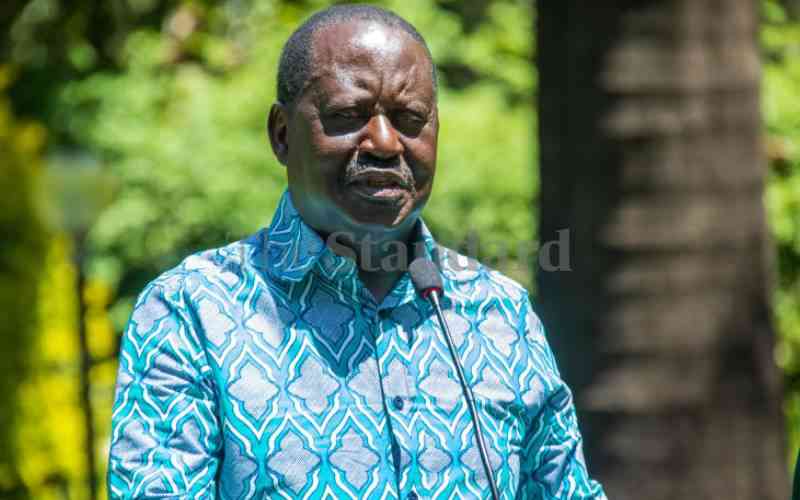
Raila Odinga's quest for the African Union Commission (AUC) Chair is set to redefine the Kenyan political landscape, as well as the country's rating in the region and beyond, regardless that the bid succeeds or not.
The possibility of a successful bid has been taken as a matter of course. All emerging discourse in the country points to this. Both in media punditry and in the political arena, the character and focus of conversations point to the understanding that Mr. Odinga will replace Chad's Moussa Faki Mahmat, whose four-year two-term tenure ends next year.